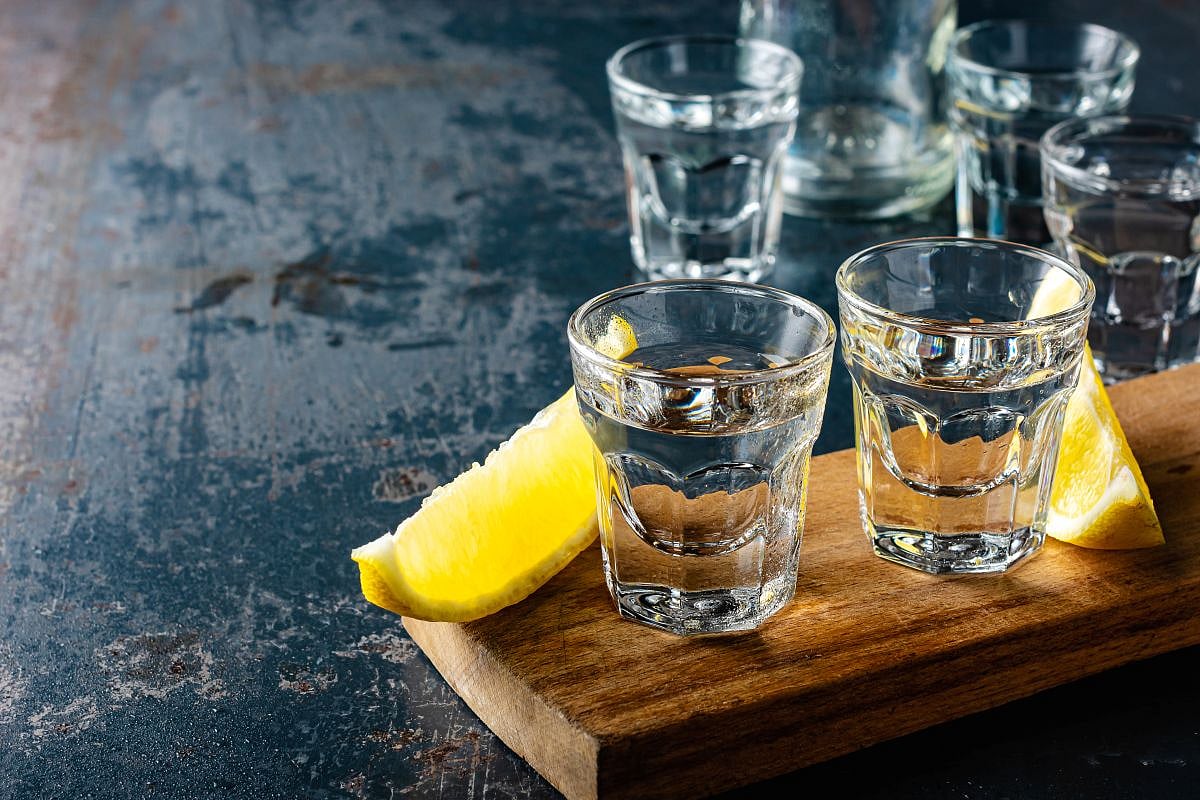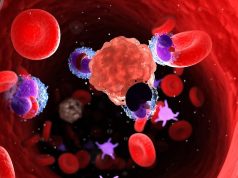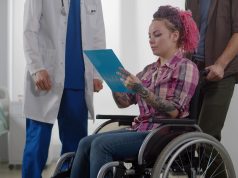Past-month alcohol consumption and believing cancer is not preventable linked to belief that alcohol has no impact on cancer risk
By Elana Gotkine HealthDay Reporter
FRIDAY, Nov. 7, 2025 (HealthDay News) — Most U.S. adults misunderstand or underestimate the association between drinking alcohol and cancer risk, according to a research letter published online Oct. 30 in JAMA Oncology.
Joël Fokom Domgue, M.D., M.P.H., from The University of Texas MD Anderson Cancer Center in Houston, and colleagues examined the prevalence and determinants of beliefs about the effect of alcohol on cancer risk in a cross-sectional study based on the 2024 Health Information National Trends Survey.
A total of 6,793 individuals were included in the study. The researchers found that 37.1 percent of U.S. adults believed that drinking alcohol increases cancer risk, while 9.1 and 1.0 percent believed that alcohol had no effect on cancer risk and believed that drinking alcohol decreases cancer risk, respectively; 52.9 percent did not know whether alcohol has an impact on cancer risk. Positive associations were seen for past-month alcohol consumption, believing that cancer is not fatal, and believing that cancer is not preventable with the belief that alcohol has no effect on cancer risk (adjusted odds ratios, 1.76, 1.55, and 2.55, respectively). Higher odds of not knowing whether alcohol has an effect on cancer risk were seen for non-Hispanic Black people, individuals with lower education level, those who currently smoked, and those who believe that cancer is not preventable.
“It’s concerning that people who drink alcohol are the ones most likely to believe it has no effect on cancer risk,” lead author Sanjay Shete, Ph.D., also from The University of Texas MD Anderson Cancer Center, said in a statement.
One author disclosed ties to the biotechnology industry.
Copyright © 2025 HealthDay. All rights reserved.








